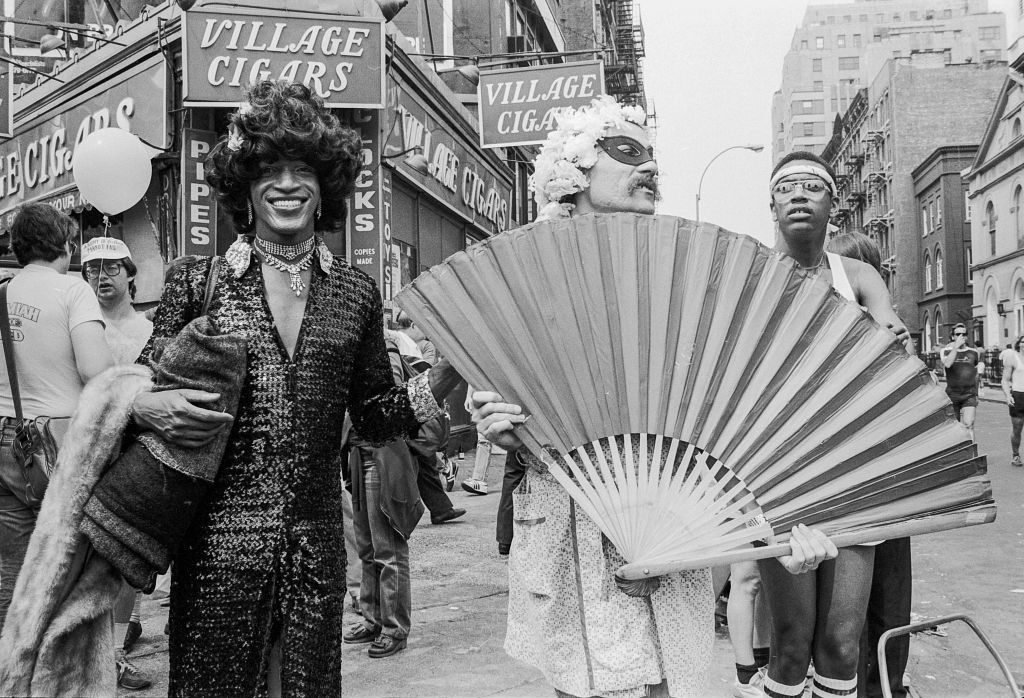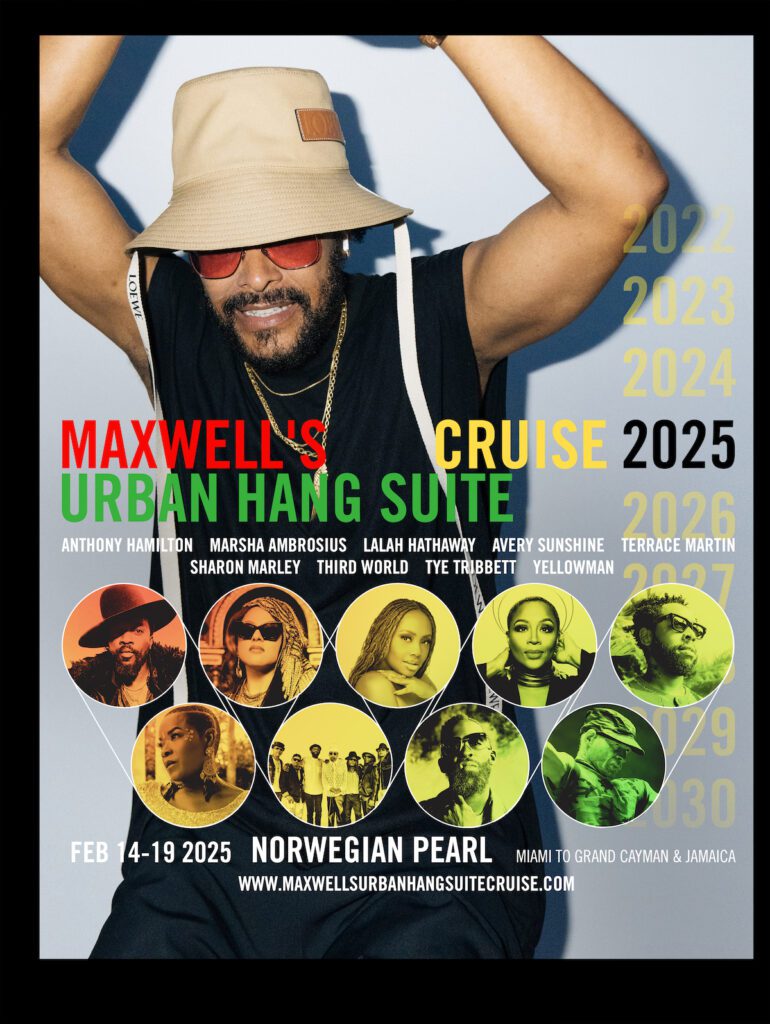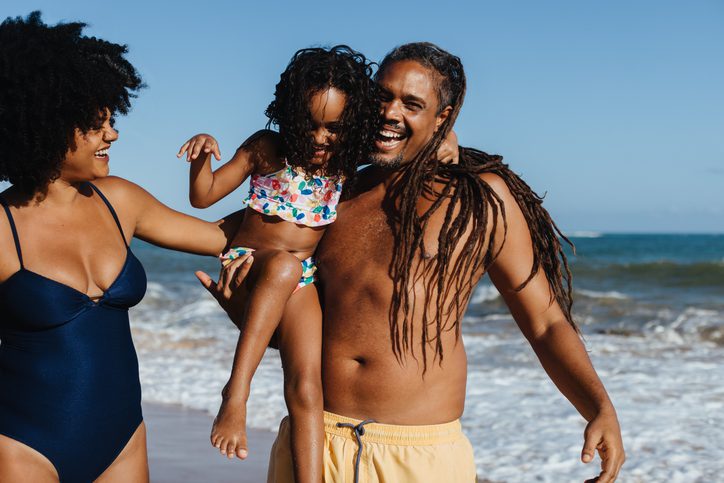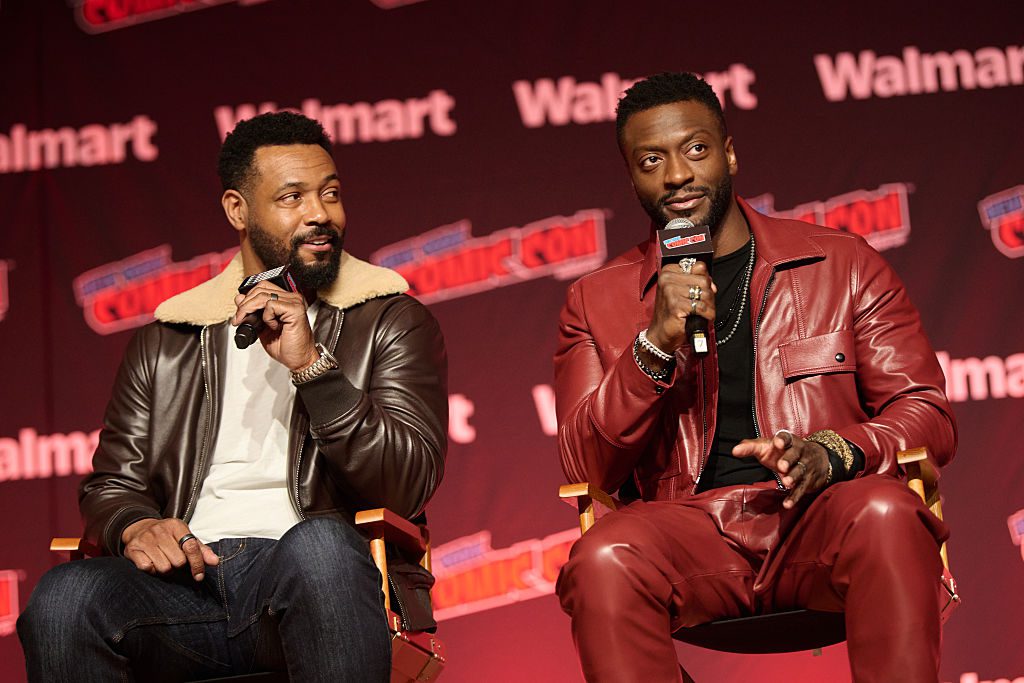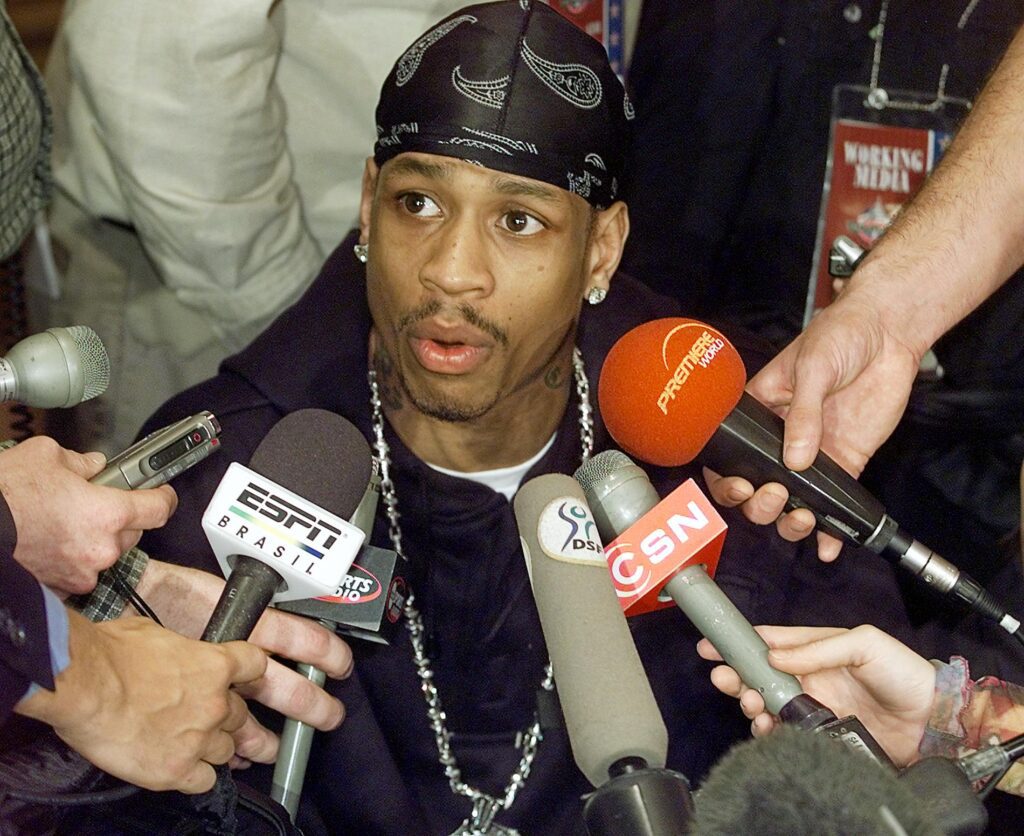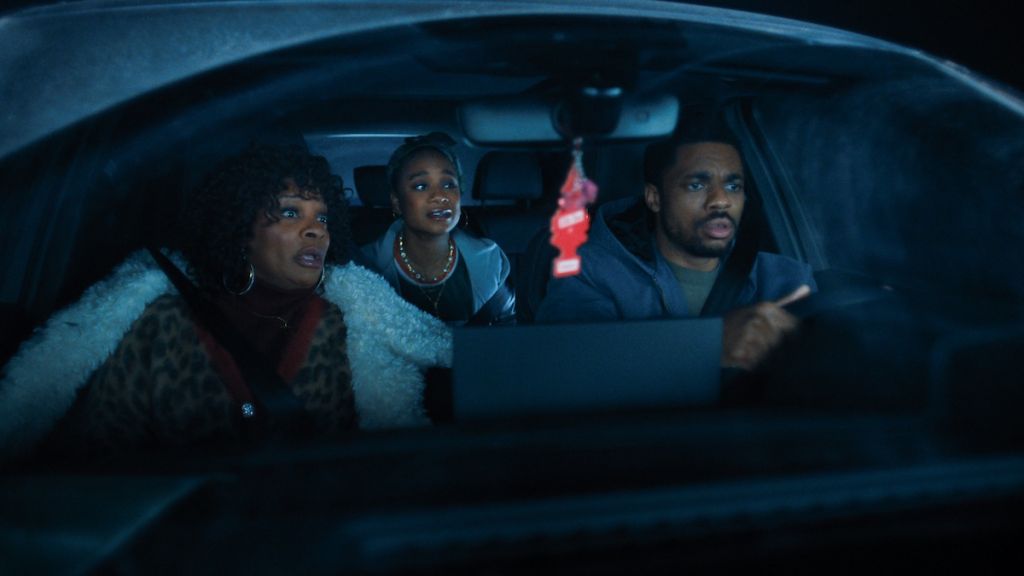Source: Barbara Alper / Getty
As Pride Month comes to a close, we want to honor the original LGBTQ+ influencers, who paved a way for the community to thrive today. From poet, novelist and activist James Baldwin to the “Grandfather of Vogue” Willi Ninja, these 10 Black OG influencers made a significant impact on the community. Check out a gallery to honor them inside.
While we love the Saucy Santana’s and Jay Versace’s of the world, we must recognize the gifted talents that came before them. These 10 Black artists and legendary storytellers left an imprint on the LGBTQ+ community at a time when living in your truth and honoring your authentic sexual identity was nearly fatal.
While we celebrate their contributions and acknowledge their sacrifices, we remember their legacies as the new advocates of the LGBTQ+ community continue to do the work. Though we are not completely transformed as a society, we have surely made strides toward significant improvements.
Without the work of Blues musician Gladys Bentley, nonviolent civil rights activist Bayard Rustin, dancer, choreographer and activist Alvin Ailey and so many more, Pride Month might not even be celebrated to the degree in which it is honored today. These trailblazers have forged a path toward freedom and equal opportunity for all.
“History isn’t something you look back at and say it was inevitable, it happens because people make decisions that are sometimes very impulsive and of the moment, but those moments are cumulative realities,” trailblazer Marsha P. Johnson once said.
These Black OG influencers made difficult decisions that ultimately granted today’s LGBTQ+ youth the freedom to be themselves. Let’s thank these icons for paving the way.
1. Marsha P. Johnson
Source:closetedhistory
Marsha P. Johnson was a liberation activist, self-identified drag queen, performer, and survivor. She was an outspoken transgender rights activist and was one of the central figures in the historic Stonewall uprising of 1969.
Marsha worked closely with her friend Sylvia Rivera in fighting for trans rights and together they formed the Street Transgender Action Revolutionaries (STAR), a radical political organization that provided housing and other forms of support to homeless queer youth and sex workers in Manhattan.
2. James Baldwin
Source:jamesbaldwinarchive
James Baldwin was a novelist, playwright, essayist, poet, and activist. His writings explored and highlighted the intricacies of racial, sexual, and class distinctions in the U.S. throughout the mid twentieth-century.
Baldwin is best known for his novel Giovanni’s Room, which explores the complex representations of homosexuality and bisexuality. He spent majority of his literary and activist career educating people about the Black and queer experience.
3. Audre Lorde
Source:blackwomenradicals
Audre Lorde was a writer, womanist, and civil rights activist. She was a self-described “Black, lesbian, mother, warrior, & poet.” Audre made influential contributions in the fields of feminist theory, critical race studies, and queer theory through her teachings and writing.
Lorde’s work focused on addressing and confronting injustices of racism, sexism, classism, heterosexism, and homophobia. Some of her most notable work includes The Black Unicorn, The Cancer Journals, Coal, and Zami: A New Spelling of My Name.
4. Gladys Bentley
Source:thevixenmemoirs
Gladys Bentley was a blues singer, pianist, and gender-bending entertainer during the Harlem Renaissance. Her career blossomed when she appeared at Harry Hansberry’s Clam House in New York in the 1920s, as a Black, lesbian, cross-dressing performer.
Bentley dressed in men’s clothes (including her signature: tuxedo and top hat), played piano, and sang her own raunchy lyrics to popular tunes of the day in a deep, growling voice while flirting with women in the audience.
While she spent most of her life receiving criticism for her style, she was “Harlem’s most famous lesbian” in the 1930s and considered to be one of the best-known Black entertainers in the U.S.
5. Willi Ninja
Source:lgbt_history
Willi Ninja was a dancer, choreographer, and the “Grandfather of Vogue.” He’s known for his appearance in the famed documentary film Paris Is Burning. Willi founded the House of Ninja in 1982, where he acted as a mother to a group of adopted gay and transgender youth in New York City.
He helped create and shape the dance form of voguing that combines exaggerated model poses and intricate mime-like choreography. After appearing in the documentary, Willi rose to fame as a choreographer, musician, runway model and modeling coach. Ninja is responsible for inspiring several artists who immortalized his style of voguing in their music videos and live performances.
6. Alvin Ailey
Source:duroolowu
Alvin Ailey was a dancer, director, choreographer, and activist. Alvin founded the Alvin Ailey American Dance Theater (AAADT) and its affiliated Ailey School as safe havens for nurturing Black artists and expressing the universality of the African-American experience through dance.
Ailey’s work combined theatre, modern dance, ballet, and jazz with Black vernacular, creating inspirational choreography that continues to bring global awareness of Black life in America. His dance masterpiece Revelations is recognized as one of the most popular and most performed ballets in the world.
7. Barbara Jordan
Source:everybodylosangeles
Barbara Jordan was a lawyer, educator, and politician who was a leader in the Civil Rights Movement. Jordan became the first Black person to be elected to the Texas Senate in 1966, and the first woman and first Black person to be elected to Congress from Texas in 1971.
She was best known for her impactful opening statement at the House Judiciary Committee hearings during the impeachment process against Richard Nixon. Jordan was also the first Black woman to deliver a keynote address at the 1976 Democratic National Convention.
8. Bayard Rustin
Source:lgbt_history
Bayard Rustin was a leader in social movements for civil rights, socialism, nonviolence, and gay rights. He was best known for being a key adviser to Reverend Martin Luther King Jr.
In 1941, Rustin worked closely with A. Philip Randolph on the March on Washington Movement to press for an end to racial discrimination in employment. Bayard also organized Freedom Rides and helped to organize the Southern Christian Leadership Conference to strengthen King’s leadership.
Rustin later served as an organizer for the March on Washington for Jobs and Freedom. He worked as a leader in organizations such as Crusade for Citizenship, In Friendship, and A. Philip Randolph Institute.
9. Stormé DeLarverie
Source:classicfilmlover
Stormé DeLarverie was a performer, drag king, guardian, and caretaker for the LGBTQ+ community. As a teenager, DeLarverie joined the Ringling Brothers Circus where she rode jumping horses. Eventually, Stormé went on to tour the Black theater circuit as the MC and only drag king for the first racially integrated drag revue in the U.S., Jewel Box Revue.
She was popularized in history as the spark that ignited the Stonewall riots, prompting the crowd to action.Stormé was a well-known protector of the LGBTQ+ community and would eventually be referred to as, “guardian of lesbians in the Village.” She served the community as a volunteer patrol worker.
10. Ernestine Eckstein
Source:lgbt_history
Ernestine Eckstein was an integral part of the United States LGBTQ+ rights movement during the 1960s. She was a leader in the New York chapter of the first U.S. lesbian civil and political rights organization, Daughters of Bilitis (DOB).
Eckstein attended “Annual Reminder” picket protests. She was often one of the only women (and the only Black woman) present at early LGBTQ+ rights protests.
In the 1970s, Ernestine became involved in the black feminist movement, particularly the organization Black Women Organized for Action (BWOA).


